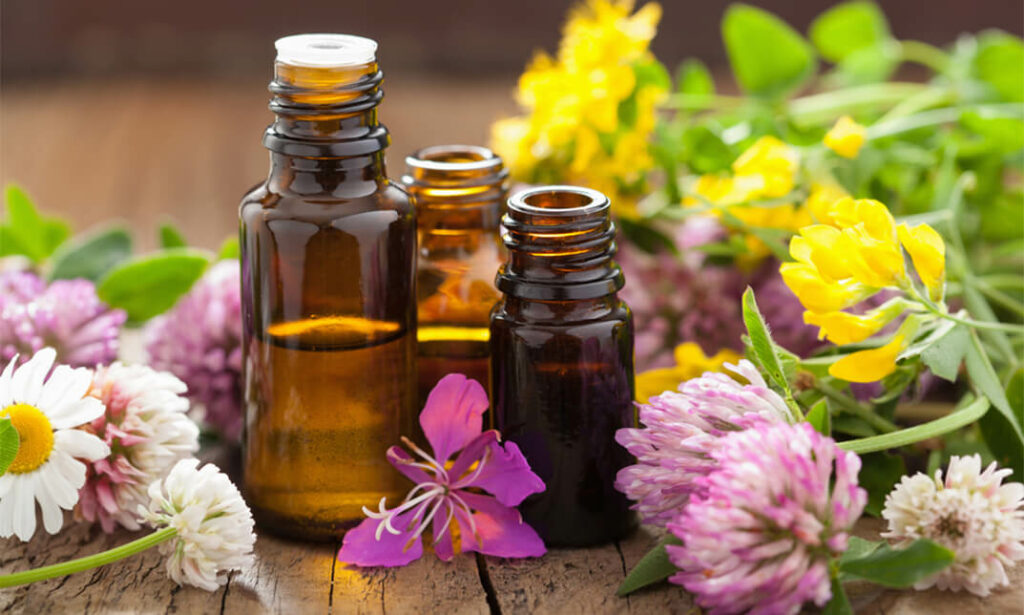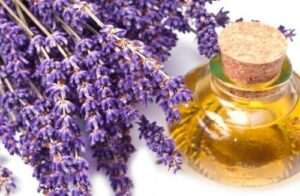Contents
What Is Aromatherapy?
Aromatherapy is the art and science of using aromas from essential oils to promote health and balance in your life. Essential oils are highly concentrated liquids that contain active ingredients beneficial for physical, psychological, or spiritual wellbeing. Used aromatically (meaning through inhalation) they can provide relief from stress, anxiety, and depression; offer increased mental clarity and focus; promote a deeper, more restful sleep and help with respiratory problems. In massage, they are used to relax muscles and reduce pain, improve skin condition or balance the body’s energy flow (known as Qi).
History of Aromatherapy
The practice of this therapy is well over 5000 years old. Ancient Egyptians were known to have been using essential oils aromatically and topically for their skin.
It has been utilized by humans for thousands of years. Aromatic plant components were used as resins, balms, and oils by ancient societies in China, India, Egypt, and other places. These organic compounds were utilized for medicinal and religious purposes. They were thought to offer bodily as well as psychological advantages.
René-Maurice Gattefossé, a French perfumer and chemist, invented the word “aromatherapy” in a book on the subject published in 1937. He had already identified lavender’s therapeutic properties in the treatment of burns. The use of essential oils in the treatment of medical problems is discussed in this book.
Aromatherapy Benefits
Aromatherapy oils can be used in a variety of ways: aromatically, topically, or internally. Here are some of the benefits mentioned:
- manages pain: its oils can be used as aromatherapy to manage pain, including back and neck aches, migraines, and arthritis.
- balances hormones: aromatherapy has been shown by research studies to balance hormonal levels in the body which assists with menopause symptoms.
- decongestant: aromas increase blood flow throughout the body which helps to ease congestion in the sinuses, lungs, and nasal passages.
- improves mood: aromatherapy can help reduce stress levels by calming the mind and nervous system while uplifting one’s spirit. it also has been shown to be effective for depression symptoms.
- increases energy: aromas stimulate our limbic system (the “emotional brain”) which releases neurotransmitters that can increase energy.
- improves sleep: aromas have sedative properties so they are useful in helping to calm the mind, relax and improve sleep quality.
- reduces stress: aromatherapy oils can alleviate tension and reduce stress by stimulating the brain’s pleasure centers, aromas also lower cortisol levels.
- soothes skin: aromatherapy has been used for centuries as a natural way of soothing irritated or itchy skin conditions such as dermatitis, eczema, and psoriasis.
- stimulates hair growth: aromatherapy oils can stimulate hair follicles which may help with hair loss and thinning.
- treats fungal infections: aromatherapy helps to kill the fungus that causes such conditions as athlete’s foot, ringworm, and yeast infections.
- improves concentration: aromas can improve focus by enhancing memory retention and cognitive function. One can also use this to treat ADHD.
- reduces inflammation: aromatherapy oils increase circulation which helps reduce pain and swelling.
- increases libido: aromas, especially those that are spicy or musky stimulate the nervous system which increases sexual arousal in both men and women.
- improves digestion: aromatherapy oils can help with digestive issues by balancing the gastro-intestinal tract, relaxing spasms, and relieving cramps.
- increases breast milk production: aromas stimulate hormones that encourage growth in new tissue so professionals use aromatherapy to increase breast milk supply.
- reduces nausea & vomiting: aromas are thought to decrease nausea and vomiting by affecting the chemoreceptor trigger zone (CTZ) of the medulla oblongata.
- reduces insomnia: aromas can help with sleep disorders such as insomnia by stimulating neurotransmitters that have a calming effect on the body.
Aromatherapy Oils
The therapy uses aromas to bring about relief in the body. The scent of certain aromas can impact our moods, while some aromas may help with insomnia or other medical conditions.
Aromatherapists use essential oils for their therapeutic properties are:
Eucalyptus
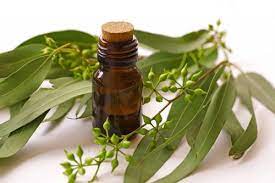
This essential oil has antibacterial, antiseptic, and anti-inflammatory properties. Eucalyptus aromatherapy helps with respiratory problems such as congestion and colds, while also improving immunity. You can apply this natural oil topically on cuts and wounds to speed up healing time.
Lavender
You can use this to help someone with anxiety or stress relief, as well as sleep problems. It also brings about feelings of calmness. This natural lavender oil may cause drowsiness so you should use it at night.
Lemon

Lemon aromatherapy has properties that make it great for cleansing acne and blemishes, as well as removing bacteria on the skin surface. This natural oil relieves stress and nervousness while also strengthening the immune system.
Rosemary
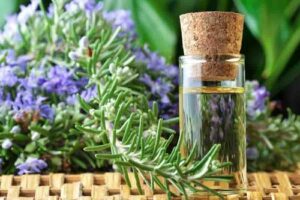
Rosemary essential oils improve circulation in the body and bring about feelings of energy. This natural aromatherapy oil stimulates the nervous system, which can increase mental clarity and focus.
Peppermint

You can use peppermint aromatherapy to relieve headaches or sinus pain through massaging with a few drops of these essential oils on pressure points in your head and neck region. It can also help relieve respiratory issues such as congestion.
Basil

One uses basil aromatherapy for its antioxidant and antiseptic properties, which in turn helps to prevent or heal infections in the body. You can apply this natural oil topically on cuts and wounds to speed up healing time.
Ylang Ylang
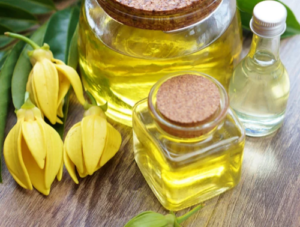
You can use this aromatherapy oil to reduce anxiety and stress. It is also a natural sedative, which helps bring about feelings of calmness and tranquility.
Black Pepper

The black pepper essential oils have strong antiseptic properties that in turn fight infections in the body. Additionally, it enhances circulation when used topically.
Clary sage
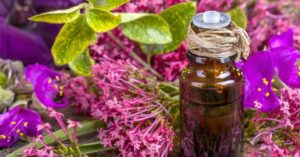
Aromatherapy oil’s benefits include its calming and relaxing properties. It can help relieve anxiety, stress, and depression while also strengthening the immune system.
Cypress
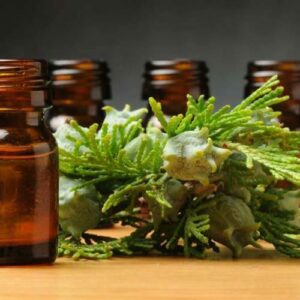
Aromatherapy oil has antiseptic, astringent, and anti-inflammatory properties. It helps with respiratory issues such as congestion while also improving circulation in the body.
Ginger

Aromatherapy benefits include its ability to relax muscles after a rough day of work or exercise due to its warming effect on the skin when applied topically. The aromatherapy oil can also help with digestive issues, as well as ease respiratory problems.
Marjoram
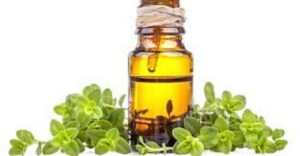
Aromatherapy benefits include its ability to improve moods during low periods due to the natural oils antidepressant properties.You can often use it for aromatherapy treatments of depression, anxiety, and stress relief while also improving immunity in the body.
Fennel

Aromatherapy benefits include its ability to reduce menstrual cramps and pain in women due to the aromatherapy oil’s antispasmodic properties. It can also help with digestive issues such as bloating, gas and indigestion while improving skin health when applied topically after a bath or shower.
Geranium
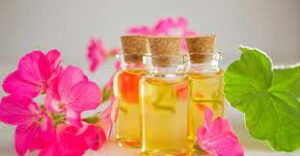
Aromatherapy benefits include its ability to improve skin health due to the aromatherapy oil’s antimicrobial and antioxidant properties. This natural oil can also help with digestive issues, as well as ease respiratory problems such as congestion.
Helichrysum
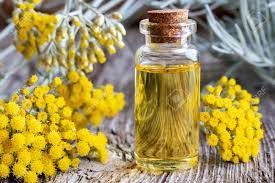
Aromatherapy benefits include its ability to speed up wound healing time due to the aromatherapy oil’s anti-inflammatory properties. It also helps with respiratory problems such as congestion, along with reducing inflammation in allergies or asthma attacks.
Jasmine
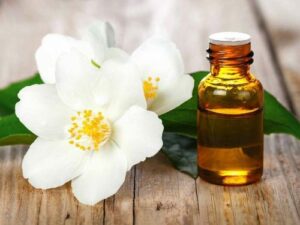
Aromatherapy benefits include its antidepressant and sedative effects on moods during low periods due to the aromatherapy oil’s natural aromatherapy oils. This can also help with digestive issues, as well as ease respiratory problems such as congestion.
Lemongrass
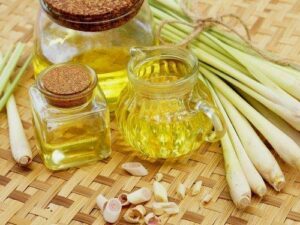
Aromatherapy’s benefits include its ability to help strengthen the immune system due to its oil’s antifungal properties. It can also fight infections, as well as reduce inflammation associated with allergies or asthma attacks.
Rose

Aromatherapy benefits include its antidepressant and sedative effects on moods during low periods due to the aromatherapy oil’s natural aromatherapy oils. This can also help with digestive issues, as well as ease respiratory problems such as congestion.
Mandarin

Aromatherapy benefits include its ability to help improve respiratory issues such as congestion due to aromatherapy oil’s antispasmodic properties. It can also fight infections, as well as reduce inflammation associated with allergies or asthma attacks.
Neroli
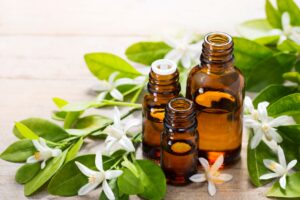
Aromatherapy benefits include its antidepressant and sedative effects on moods during low periods due to aromatherapy oil’s aromatherapy oils. This can also help with digestive issues, as well as ease respiratory problems such as congestion.
Patchouli

Aromatherapy benefits include its ability to help strengthen the immune system due to aromatherapy oil’s antifungal properties. It can also fight infections, as well as reduce inflammation associated with allergies or asthma attacks.
Roman chamomile

Aromatherapy benefits include its ability to help reduce inflammation associated with allergies or asthma attacks due to aromatherapy oil’s anti-inflammatory properties. It can also fight infections, as well as improve respiratory issues such as congestion.
Tea tree

Aromatherapy benefits include aromatherapy oil’s antifungal properties. It can also fight infections, as well as reduce inflammation associated with allergies or asthma attacks.
Vetiver
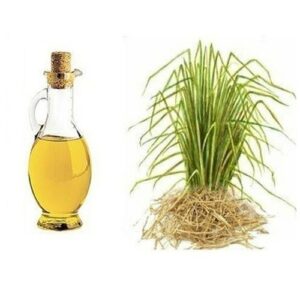
This oil’s ability to help strengthen the immune system due to aromatherapy oil’s naturally antimicrobial and antioxidant properties. It can also fight infections, as well as reduce inflammation associated with allergies or asthma attacks.
How Does Aromatherapy Treatment Work?
The therapy uses items like these to work through the sense of smell and skin absorption:
- body oils,
- creams, or lotions for massage or topical application facial steamers diffusers aromatic spritzers inhalers bathing salts body oils, creams, or lotions for massage or topical application
- compresses, both hot and cold
- masks made of clay
You can use these alone or in any combination.
- Essential oils come in almost a hundred different varieties. The majority of individuals use the most common oils.
- You may find essential oils on the internet, in health food stores, and even in certain mainstream supermarkets. Because FDA doesn’t regulate these oils, it’s critical to buy from a trustworthy source. This guarantees you’re getting a high-quality, all-natural product. There should be no additions or synthetic substances in it.
- Each essential oil has its own set of therapeutic qualities, applications, and consequences. The advantages of combining essential oils to form a synergistic mix are multiplied.
Side Effects of Aromatherapy
The majority of essential oils are completely safe to use. However, there are certain precautions to consider and adverse effects to be aware of when using them, especially if you are taking any prescription drugs.
- Do not apply essential oils to your skin directly. To dilute the oils, always add the carrier oil. Before utilizing essential oils, always do a skin patch test.
- If you will be exposed to sunshine, you should avoid citrus essential oils. Since they may make your skin more susceptible to the sun.
- You should use essential oils with caution and under the supervision of a doctor by children and women who are pregnant or nursing. You should avoid some oils and never swallow essential oils.
The following are some of the negative consequences of utilizing essential oils:
- Rashes
- Attacks of asthma
- Headaches
- Responses to allergens
- Itchiness on the skin nausea
- If you have any of the following conditions, use essential oils with caution:
- Asthma, hay fever, and epilepsy
- Blood pressure that is too high
- Eczema \spsoriasis
Conditions That Aromatherapy Can Treat
It has the potential to cure a variety of ailments. Aromatherapy can help with a variety of ailments, including:
- asthma \insomnia \fatigue
- depression
- Source of Trusted Inflammation
- neuropathy of the peripheral nerves
- menstruation problems
- alopecia
- cancer
- erection difficulties
- arthritis \smenopause
Conclusion
People who want to use aromatherapy can find a wealth of information online. Essential oils are so popular and the benefits they provide range from calming, stress relief, treating anxiety and depression, reducing inflammation and pain in muscles and joints as well as boosting immune systems! For those looking for ways to incorporate essential oils into their lifestyle or just learn more about this natural remedy that’s been around since ancient times, we recommend checking out our blog post on how to create your own signature scent with essential oils. There you will find tons of great recipes including one specifically designed for kids. We hope you enjoy learning all about the benefits!
